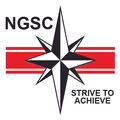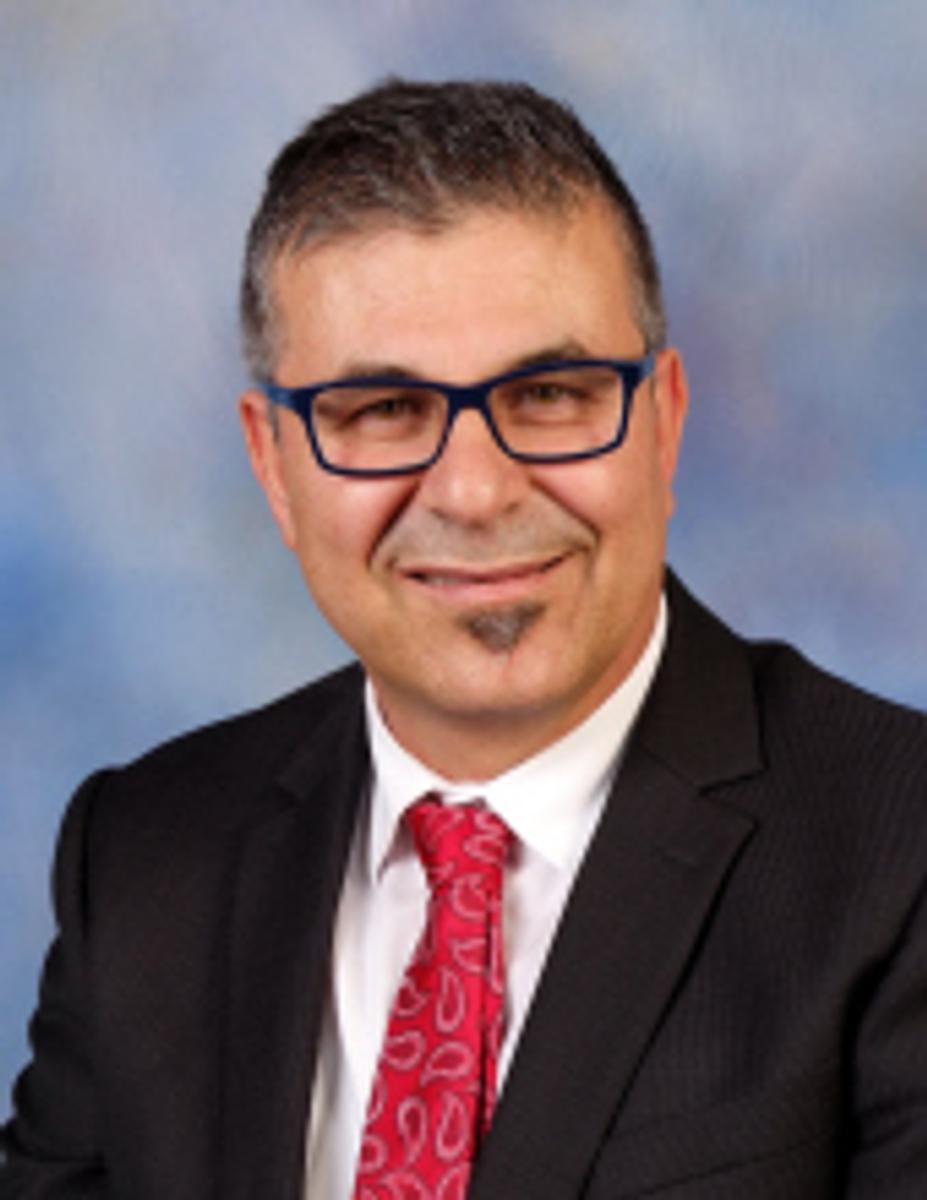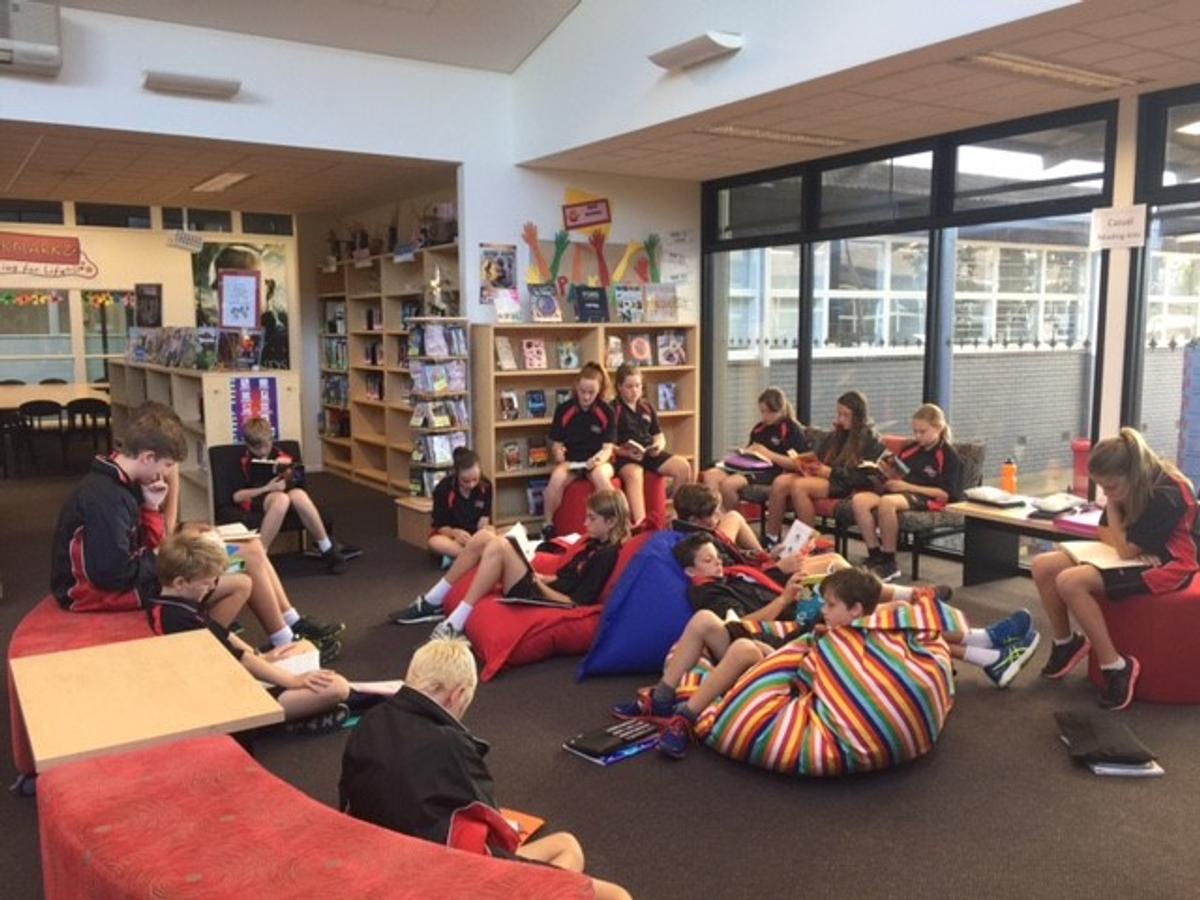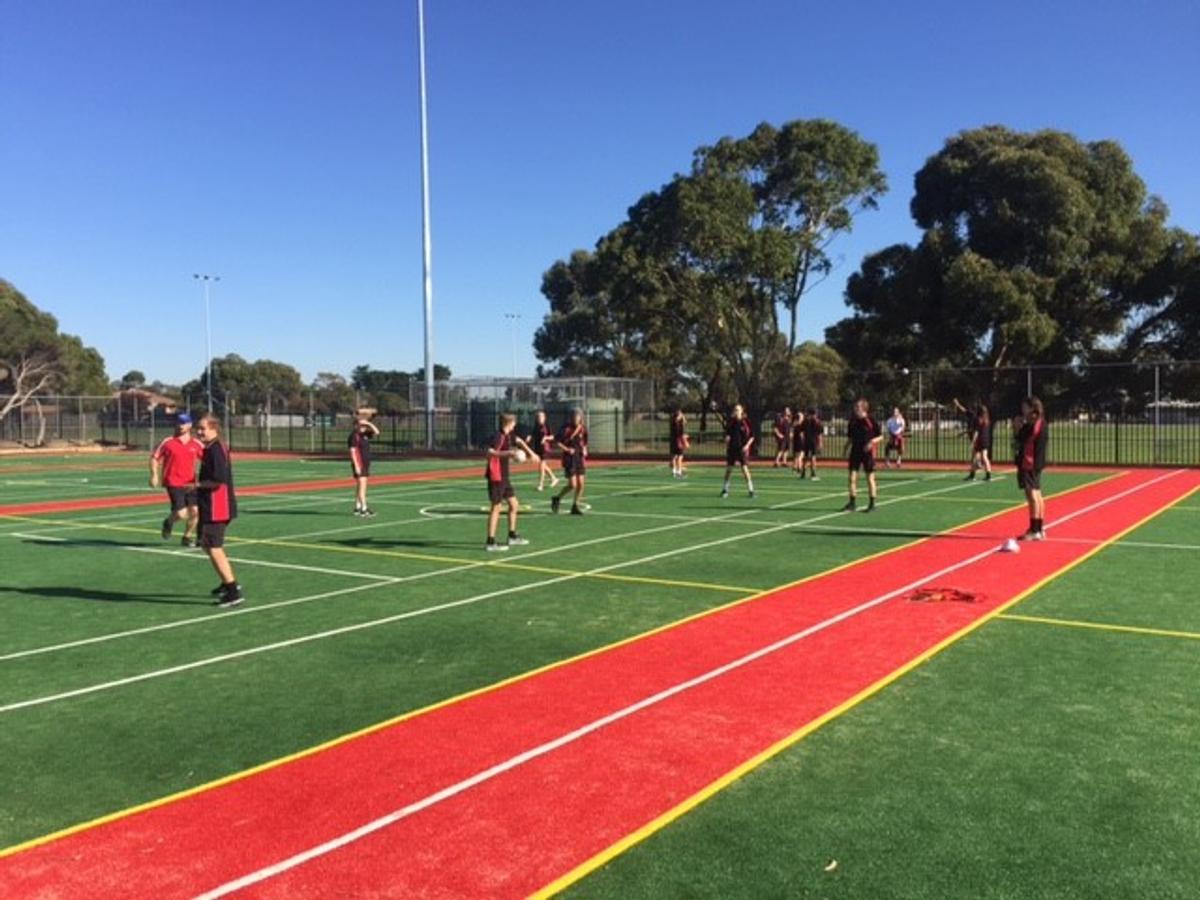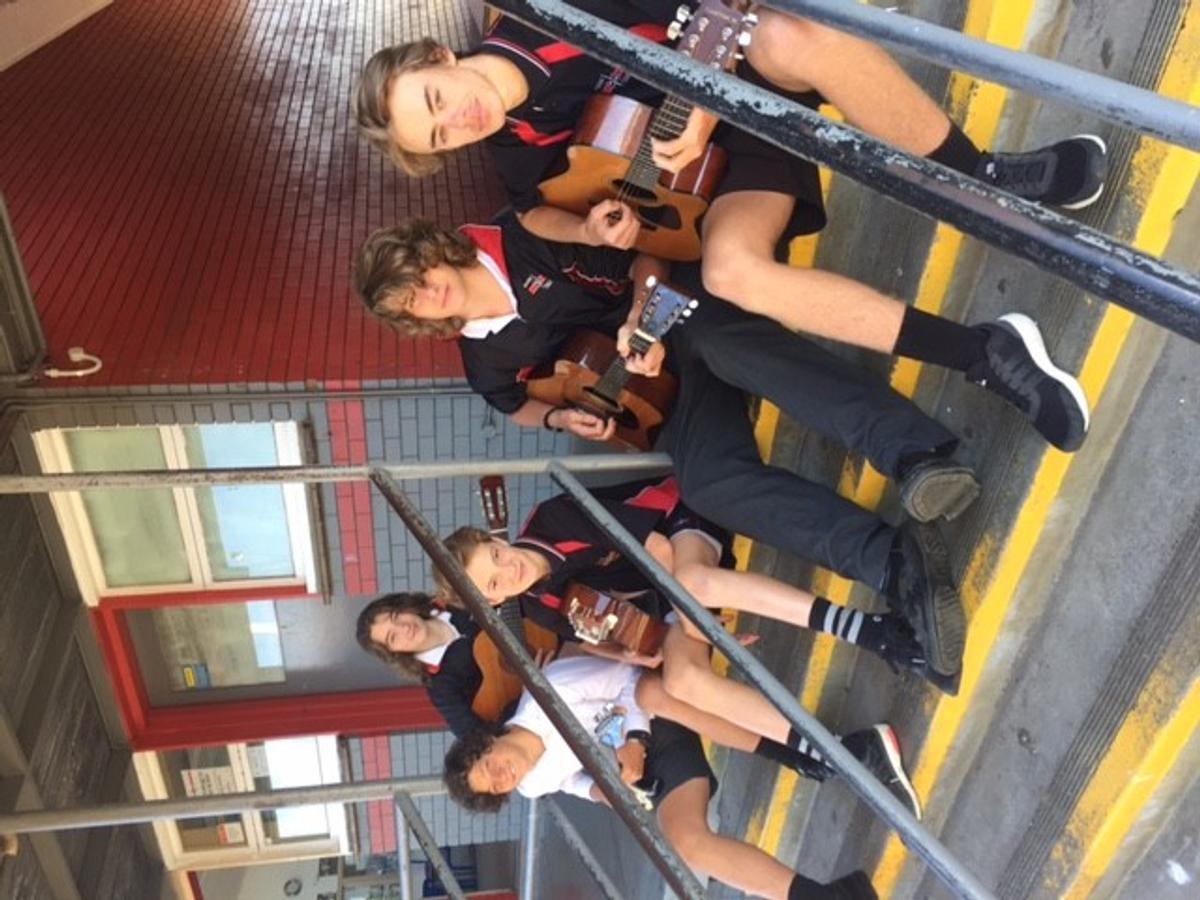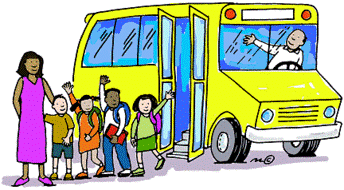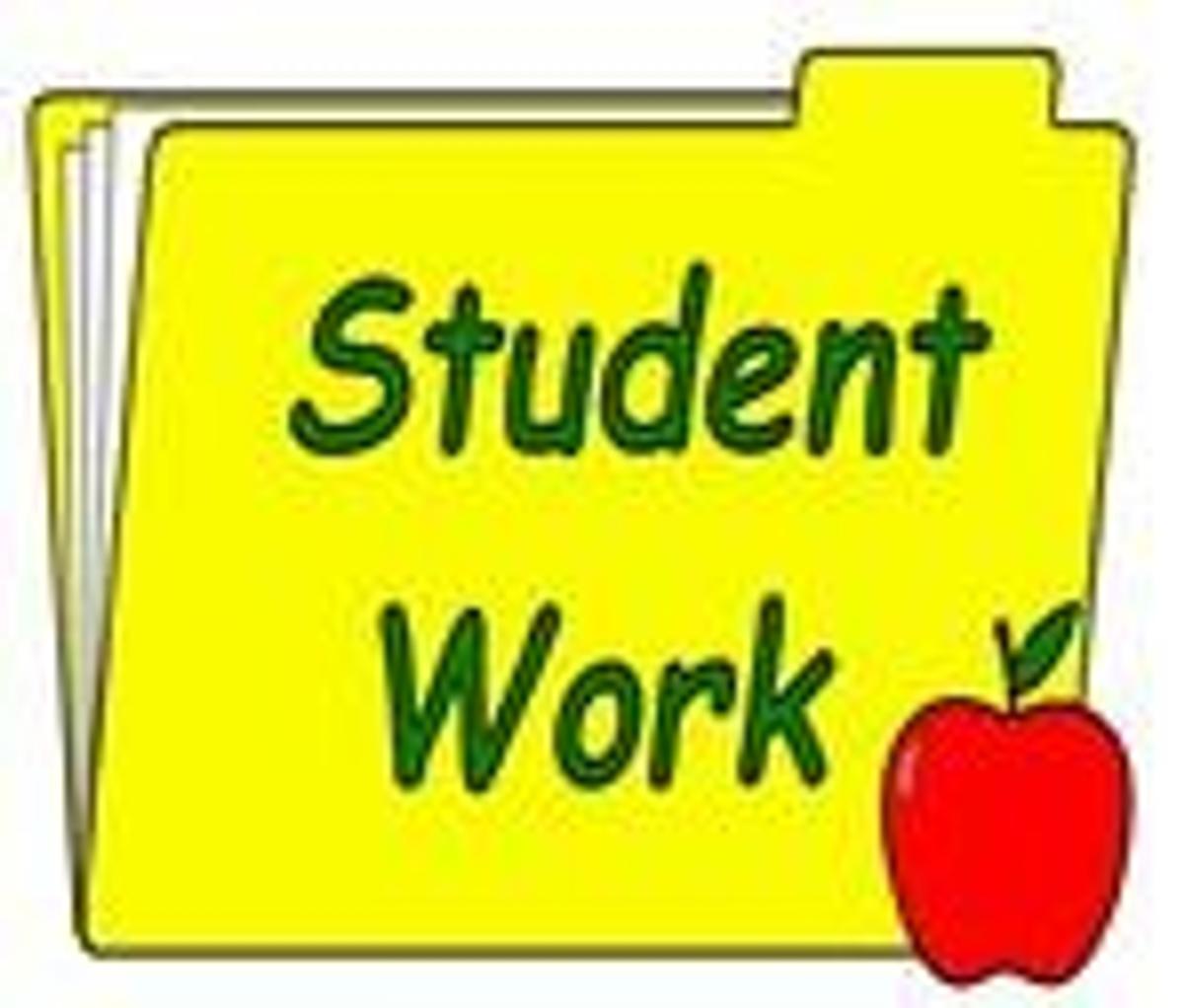PRINCIPAL'S REPORT

Key Dates
FEB 27 Student Photo Day
MAR 3 Student Photo Day Catch Up
MAR 13 Labour Day (public holiday)
MAR 21 Athletics Day
MAR 22 NGSC Open Night
MAR 23 Parent Teacher Interviews
MAR 31 Last Day of Term 1 (1:30pm Finish Time)
Mr Nicholas Adamou
Principal
Welcome back to the 2017 School Year
It is with great pleasure that I welcome everyone back to the 2017 academic year.
I trust that students, parents and staff had a great holiday break and are ready for another successful year.
I extend a special welcome to our new Year 7 students and their families who joined us this year. On Monday 6, February at a welcoming parents & students iPad distribution evening I was pleased to meet and to talk to many of our new Year 7 student families.
Also, special welcome to all new Year 8 to 12 students and their families to our school community.
In the last two weeks, it has been great to observe classes settled in their new Home Groups, developing a clear focus on achieving their goals and personal best for this academic year.
To the Year 12 students, as they embark in their final year at North Geelong SC, I take this opportunity to wish them a year full of success. I can’t promise that it will be without any challenges, however, applying themselves is the only way to succeed. Last year’s Year 12 cohort has set a high benchmark with great outcomes; however, I believe that this year’s Year 12 students are capable of greater results, pushing the benchmark even higher.
Over the Christmas break a lot of work has been completed on the physical environment of the school. Painting around the school, refurbishment of the Gym, A Wing, the Woodwork room, new carpets, the construction of a new Year 7 and 8 locker bay, the construction of a Middle Sub-school reception/office area and new undercover outdoor student areas, just to mention a few projects.
The planning for the 4.75 million dollars capital works is well underway and according to the timeline. The works on the ground are expected to begin at the beginning of term 4.
We are proud of our school community and place high importance on the way we look and behave in the wider community. Our aim is to continue improving the learning and teaching environment of our students.
Once again, welcome back to what promises to be another great year for our school community. I look forward to meeting and working closely with as many parents/guardians as possible during the course of the year.
Wishing all the students and staff a great academic year.
Welcome to New and Returning Staff
I welcome the following staff to our College and wish them a very productive and enjoyable year. We are looking forward to working closely with our new staff to ensure the best possible learning opportunities are provided to our student body.
New Staff
• Ms Amy King (Maths/Science)
• Mr Trent Morton (Maths/Science)
• Mr Ash Howard (Maths)
• Ms Kathryn Peters (Maths/Science)
• Mr Steven Quinn (Maths/Science)
• Ms Kellie Phillips (Japanese/EAL)
• Ms Rena Bennett (English/Hums)
• Mr Luke Scott (Food/Textiles/VCAL)
• Ms Elizabeth Fagan (Commerce/Hums)
• Mr Brendan Wright (English/Hums)
• Mr Darren Lawless (English/Hums)
• Ms Sherree Oates (Visual
Communication/Arts)
• Ms Georgie Hunter (Social Worker)
• Ms Lisa Jones (Middle Sub-School
Assistant) (ES)
• Mr James Headlam (ES)
• Ms Maddi Costa (ES)
• Mr David Armstrong (ES)
• Ms Leanne Kvaternik (First Aid)
School Zone Speed Limits
With the new school year started on 30 January, it is an opportune time for school communities to be reminded of the importance of road safety around schools.
School Speed Zones are enforced from the commencement of the school year and parents/carers are reminded to adhere to all VicRoads School Speed Zones rules.
Thank you to the City of Greater Geelong, new 40 Flashing lights have been installed on Separation Street to ensure better visibility of the school zone limit to motorists. Thank you to Ms Tonia Tigani who has initiated and led this inquiry through the council.
Also parents/guardians are reminded to take care and obey these parking signs and observe the Road Rules when picking up or dropping off students around schools. The City of Greater Geelong Parking and Information Officers monitor all supervised school crossings on a regular roster and issue infringements to drivers who stop in unsafe areas, such as “No Stopping” zones, within 20 metres of a school crossing, parallel to a yellow edge line, or if double parked, even for a moment to drop off or collect a student. Queuing to enter a pick up/drop off zone can often lead to traffic congestion and vehicles being stationary in prohibited areas. Should the pickup/drop off zone be occupied with vehicles, to avoid the possibility of receiving an infringement it is advised to drive around the block and return when legal parking is available.
Statistics show that illegal parking around schools is greatly reduced due to an Officer's presence and Council prefers to achieve these results though education and awareness.
Designated school speed zones: Specified times (8.00 - 9.30 am and 2.30 - 4.00 pm).
Further information in regards to VicRoads speed limits around schools can be found at: VicRoads School Speed Zones
Students and Paid Employment
The Australian Bureau of Statistics keeps track of the number of students engaged in paid employment. Their most recent report on the subject shows that the number of of school age students involved in paid employment continues to rise. Another interesting trend that has emerged from this report is that a growing proportion of younger students are now working on a regular basis.
The main reason students work is to obtain spending money. Very few of the jobs that they undertake have any reference to likely future fulltime sustainable employment and very few supplement family income.
There are many advantages to students that can arise from paid employment. Exposure to the world of “real work” can be an eye-opener for young people. They often take far more notice of the expectations of employers regarding punctuality, appearance and communicating with others than they ever do of the same requests made by parents or teachers. It can also attribute to improving organisational skills and the meaning of responsibility. It can also provide them with a degree of financial literacy and independence; I have long been an advocate of students contributing to the cost of sometimes expensive educational extras such as state, interstate and overseas camps or exchange visits.
There are, however, some disadvantages at times. The main concern with students undertaking paid employment is the impact that it can have on school performance. It is also a negative if the additional income enables and encourages students to become engaged in a more sophisticated social lifestyle or in any way diverts them from their school-work and other social, family or recreational activities which are essential to their development.
Like most things there is no clear-cut answer to the question. The most important thing is getting a balance between work, social-work, social, family and recreational activities.
Casual work is most common, followed by holiday jobs, regular part-time work, then rostered work. Obviously any work on week nights is a problem as it means students cannot complete set homework. Similarly work straight after school can prevent students meeting school commitments, which is not a good thing. Rostered work which often involves the student being called in to work at short notice can also cause problems.
Not surprisingly research has established a clear correlation between hours worked and impact on student performance. Working up to an average of 12 hours per week (providing that the work is not on a week night) had little measurable impact on academic performance of high school students. Working more than 16 hours per week, however, was directly correlated with deterioration on academic progress.
Overall, holiday jobs are no problem. Part-time or casual work limited to 12 hours per week and done at a time which does not interfere with homework, school commitments, recreation or sleep is seldom a cause of concern. Students working 16 hours or more a week, however, inevitably suffer a deterioration in their academic performance. Students who work at times which interfere with their other needs and commitments also suffer adverse effects to their progress.
